Designed for customized parts processing
CNC technique
With our CNC milling, turning, and drilling equipment and expertise, we deliver high-precision finished products. Backed by over 30 years of experience, we minimize tolerance deviations to the greatest extent. In addition to these standard machining processes, we also offer precision grinding, surface texturing, and engraving using CNC technology, assisting product designers, developers, and mechanical engineers in bringing innovative products to life.
Advantages of Our CNC Methods:
1)⚡ High Precision: CNC machining controls production tolerances within a very narrow range, ensuring high precision and consistency for each part. ⚡ Flexibility: CNC machines can handle a wide range of materials and consistently replicate parts according to CNC programming, reducing the risk of human error.
2)⚡ Improved Production Efficiency: CNC automation enables continuous production, shortening delivery times.
3)⚡ Reduced Mold Costs: CNC reduces mold development time and costs, speeding up product validation and enabling small-batch production for quicker market entry.
EDM Technique
For complex metal shapes and intricate product details, we also use EDM (Electrical Discharge Machining) or wire cutting.
Advantages of EDM Methods:
1)⚡ High Precision: EDM keeps metal machining tolerances within a very tight range, ensuring the precision and consistency required in industries like aerospace and medical devices.
2)⚡ Complex Shape Machining: EDM can process areas difficult for CNC machines, such as internal corners.
3)⚡ Reduced Mechanical Stress: As EDM doesn’t physically contact the part, it avoids the mechanical cutting forces and stresses, making it ideal for fragile or thin-walled components.
Whether your products are simple or complex, we have a range of machinery and capabilities to meet your part manufacturing and machining needs.
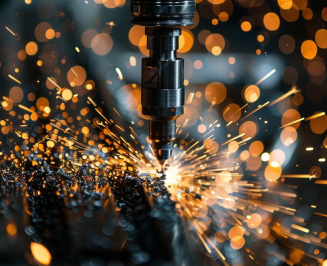
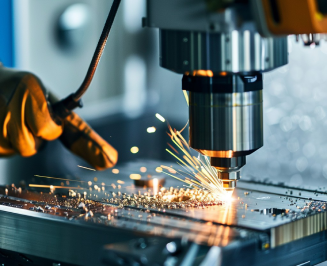
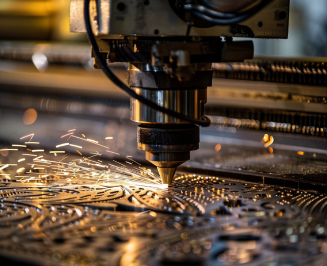
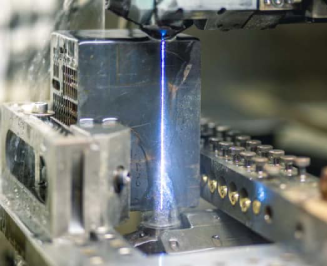
Scope of Services

We create realistic product models or prototypes based on customer-provided requirements and drawings. These models accurately replicate the intended design, allowing for detailed evaluation and testing before moving to mass production.

We manufacture jigs to enhance production accuracy, molds for mass production, and fixtures to hold semi-finished products during the manufacturing process. These tools ensure precision, efficiency, and consistency throughout production, improving overall manufacturing quality.

Based on processing drawings or customer samples, we use CNC machines or EDM (Electrical Discharge Machines) to create and shape parts, modifying them to meet the client’s specific requirements. This ensures precision and customization throughout the production process.

We provide just-in-time production based on customer needs, minimizing storage and inventory costs. This approach ensures efficient production while reducing overhead related to warehousing and excess stock.
Basic Processing Materials
Plastics (Not applicable for EDM)
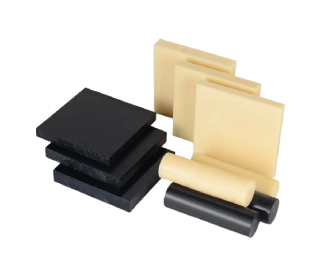
ABS is strong, durable, and offers good heat resistance and impact resistance, making it a preferred plastic for general parts and consumer products.
Common material choices:
a. ABS Plain Color
b. ABS White
c. ABS Black
d. ABS+PC Black
e. ABS+PC White
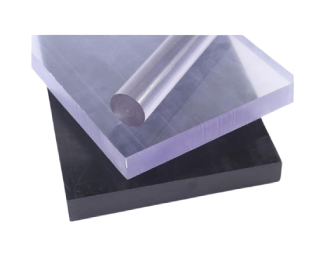
PC (Polycarbonate) is highly durable, offering excellent impact resistance and good transparency.
Common material choices:
a. PC Transparent
b. PC White
c. PC Black
d. PC+Glass Fiber
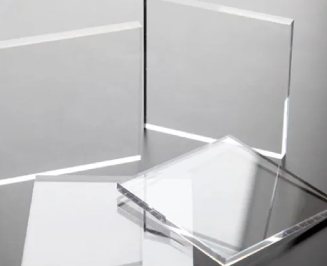
PMMA (Acrylic) is renowned for its crystal-clear transparency and excellent weather resistance.
Common material choices:
a. PMMA Transparent
b. PMMA White
c. PMMA Black
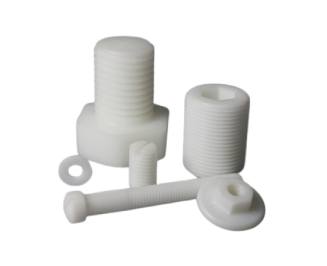
POM (Polyoxymethylene) is known for its high strength, low surface friction, and excellent dimensional stability, making it ideal for precision components in machinery.
Common material choices:
◆ POM White
◆ POM Black
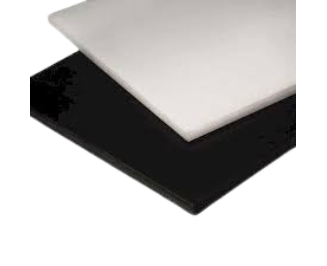
PA (Nylon) is widely used, strong, and wear-resistant, making it ideal for gears, bearings, and other high-wear surfaces.
Common material choices:
a. PA6 (+Glass Fiber)
b. PA12 (+Glass Fiber)
c. PA66 (+Glass Fiber)
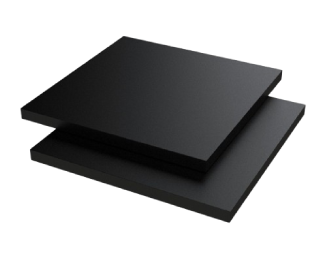
PE (Polyethylene) is lightweight with excellent impact resistance, making it widely used in packaging containers.
Common material choices:
◆ PE Black
◆ PE White
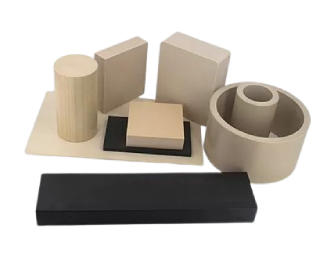
PEEK is renowned for its high-temperature resistance and strength, making it commonly used in semiconductor, aerospace, and medical device manufacturing.
Common material choices:
◆ PEEK Beige
◆ PEEK Black
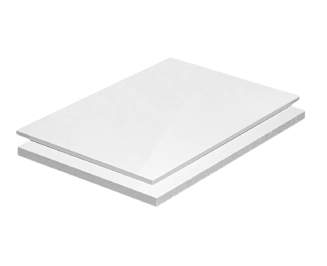
PP (Polypropylene) is tough and offers excellent chemical resistance, making it commonly used in parts and packaging that come into contact with chemical solvents.
Common material choices:
a. PP Black
b. PP White
c. PP + Glass Fiber
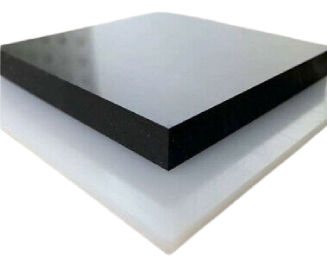
HDPE is known for its high strength-to-density ratio and impact resistance, making it commonly used in bottle manufacturing (including blow molding) and corrosion-resistant piping.
Common material choices:
◆ HDPE Black
◆ HDPE White
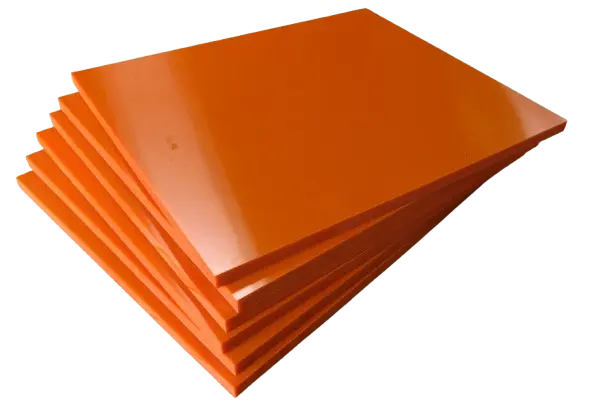
Bakelite is a high-hardness, heat-resistant thermosetting plastic known for its excellent insulation and chemical resistance. It is commonly used to produce electrical components (such as switches and sockets) and mechanical parts, especially in environments that require heat resistance and insulation.
🔧Common Material Options and Compatible Processes:
Bakelite – CNC machining, injection molding, compression molding
⚙️Basic Material Properties:
1. Flammability: Flammable, deformation temperature 150-200°C
2. Advantages: High heat resistance, excellent insulating properties, strong chemical resistance, dimensional stability
3. Disadvantages: High brittleness, prone to cracking, non-recyclable, challenging to process
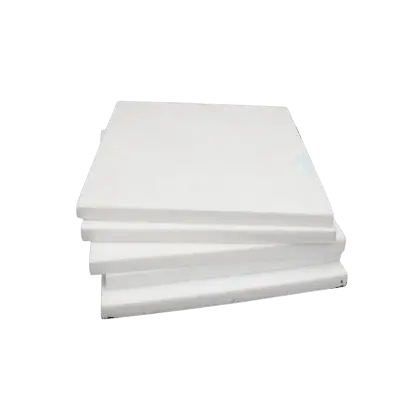
Teflon is a thermoplastic material with exceptional chemical stability, known for its high-temperature resistance and extremely low friction coefficient. It is widely used in applications requiring high chemical resistance, such as corrosion-resistant pipe linings, seals, and insulation layers.
🔧Common Material Options and Compatible Processes:
Teflon (PTFE) – CNC machining, turning, compression molding, machining
⚙️Basic Material Properties:
1 Flammability: Non-flammable, continuous use temperature range from -200 to 260°C
2 Advantages: Excellent high-temperature resistance, extremely low friction coefficient, strong chemical stability, non-absorbent, excellent electrical insulation
3. Disadvantages: Difficult to mold and process, low rigidity, limited load-bearing capacity, high thermal expansion coefficient
Metals
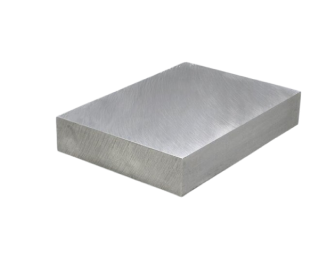
Aluminum is lightweight yet strong, easy to machine, and corrosion-resistant, making it commonly used in aerospace and automotive industries for lightweight components.
Common material choices:
a. AL6061
b. AL6063
c. AL5083
d. AL5052
e. AL7075
f. ADC10, 12
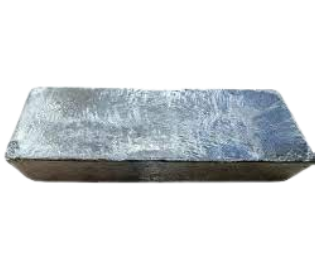
Zinc has excellent corrosion resistance, good fluidity, and is easy to machine with CNC. It is often alloyed with other metals for processing and casting.
Common material choices:
a. Zamak 3
b. Zamak 5
c. Zamak 2
d. ZA-8, 12, 27
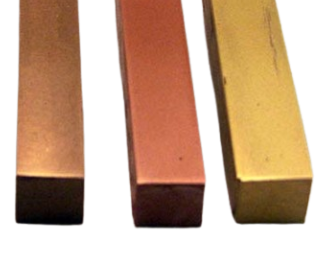
Copper is renowned for its excellent electrical conductivity and thermal properties, making it widely used in electrical components. Bronze (an alloy of copper and tin) offers high corrosion resistance and fatigue strength, commonly used in bearings, bushings, and marine hardware. Brass (an alloy of copper and zinc) is durable with a low friction coefficient, making it ideal for producing high-precision components and tools.
Common material choices:
a. C1100
b. C17300
c. C2700
d. C5191/C5441
e. C6782
f. ZQA19-2, 4, 7, 10
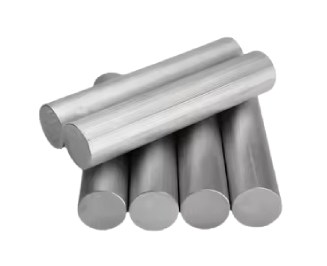
Aluminum-magnesium alloys have the same strength and hardness as steel but are much lighter, with a weight similar to plastic. They offer excellent thermal conductivity, making them commonly used in heat-dissipating electronic devices and enclosures.
Common material choices:
◆ AZ31
◆ AZ61
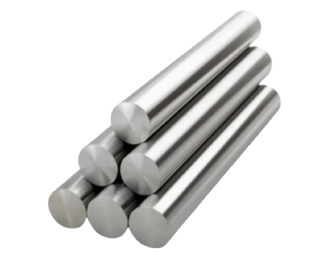
Stainless steel is renowned for its corrosion resistance and is commonly used in medical devices, robotics, and automated manufacturing equipment.
Common material choices:
a. SUS304, 316
b. SUS201
c. AISI 304
d. SUS420, 430, 431
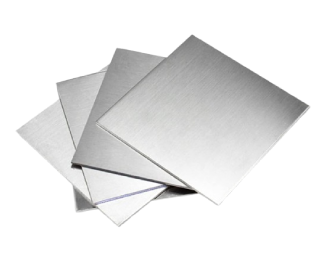
Titanium has the highest strength-to-density ratio among metals and offers excellent corrosion resistance and fatigue strength, making it commonly used in aerospace, medical devices, and various equipment tools.
Common material choices:
a. TA1
b. TA2
c. TC4 / Ti-6Al 4V
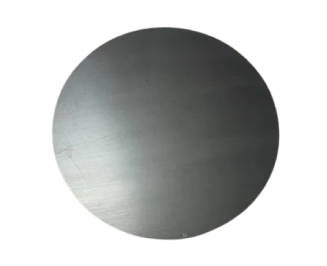
Silicon carbide boasts hardness second only to diamond and offers excellent wear resistance, high-temperature tolerance, and corrosion resistance, along with high thermal conductivity. It is commonly used in semiconductor manufacturing components, refractory plates, and ceramic bearings.
Common material choices:
◆ SiC
◆ AlSiC
Material Properties and Surface Options
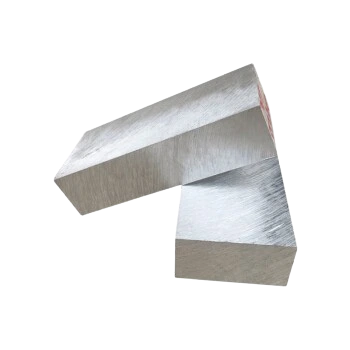
We provide a wide range of materials, including metals, plastics, and composites.
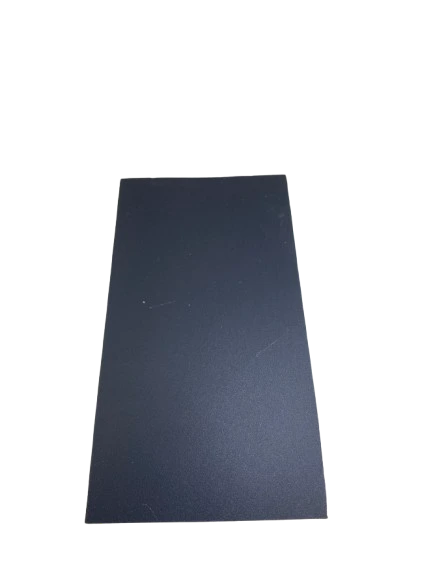
We offer superior surface finishes that enhance part durability and aesthetics for applications requiring smooth or textured surfaces.
Applied Industries
IDMockup offers top-notch manufacturing capabilities, whether for rapid prototyping or custom production orders. Our self-owned factories and satellite factories are equipped to efficiently produce complex, high-quality parts.
👉 For more about our latest news, technology and equipment, please follow our official Facebook, X (Twitter) and official blog!












